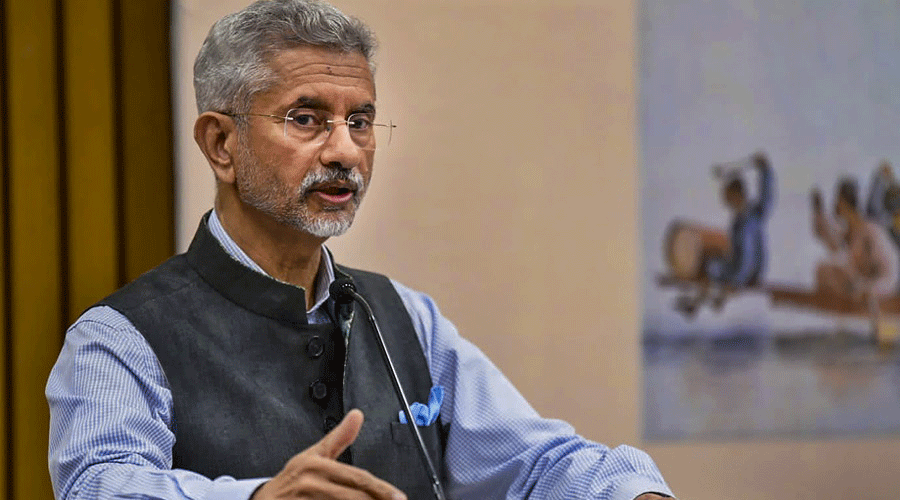by Huma Siddqui
India’s decision to sell arms to Armenia and to upgrade its strategic partnership with Greece is seen as a direct challenge to these countries.
India’s growing ties with Armenia and Greece are unsettling for Turkey, Azerbaijan, and Pakistan. These three countries have been working together to strengthen their military capabilities and to counter India’s influence in the Middle East and Central Asia.
Read also
India’s decision to sell arms to Armenia and to upgrade its strategic partnership with Greece is seen as a direct challenge to these countries. Armenia is a traditional ally of Russia, and Greece is a member of NATO. By strengthening its ties with these countries, India is sending a strong message to the informal triad led by Turkey.
Growing ties with Armenia and Greece are also part of India’s larger strategy to diversify its partnerships in the region as it is no longer content to rely on its traditional allies, such as Russia and Iran. It is now looking to build new partnerships with countries that share its interests, such as Greece and Armenia.
India & Armenia
Relations with Armenia have been growing steadily since the two countries established diplomatic relations in 1992. In 2019, India and Armenia signed a Comprehensive Strategic Partnership Agreement, which has led to increased cooperation in areas such as trade, investment, defense, and culture. India has also been providing military assistance to Armenia, which is at odds with Azerbaijan.
India & Greece
Relations with Greece have also been growing in recent years. In 2020, the two countries signed a Strategic Partnership Agreement, which has led to increased cooperation in areas such as defense, trade, and energy. India has also been providing military assistance to Greece, which is at odds with Turkey.
The three countries are likely to be rattled by India’s growing ties with Armenia and Greece. The alliance is already facing challenges from within, as Turkey and Azerbaijan have been at odds over the issue of the Eastern Mediterranean. India’s move is likely to further strain relations within the alliance and could lead to increased tensions in the region.
However, India is not aggressively countering these countries. Instead, it is taking a more subtle approach, building ties with them one by one. This approach is likely to be more effective in the long run, as it will make it more difficult for them to unite against India.
India is also benefiting from the fact that the alliance is not a monolithic bloc. There are differences of opinion within the alliance, and India is exploiting these differences to its advantage. For example, India has been able to build closer ties with Greece, even though Greece is a member of NATO, which is a major ally of Turkey.
India’s strategy of quietly but steadily building ties with Armenia, Greece, and Iran is a smart move. It is a strategy that is likely to pay dividends in the years to come.
Here are some additional points to consider:
India’s growing ties with Armenia and Greece are also a sign of its increasing strategic interests in the Mediterranean region. The region is becoming increasingly important to India’s energy security, as it is a major source of oil and gas. India is also looking to expand its trade and investment ties with the region.
India’s ties with Armenia and Greece are also a way to counter China’s growing influence in the region. China has been expanding its economic and military presence in the Mediterranean region, and India is looking to balance China’s influence.
Overall, India’s growing ties with Armenia and Greece are a significant development that is likely to have a major impact on the geopolitics of the region. India’s growing ties with Armenia, Greece, and Iran are a sign of its changing geopolitical priorities. India is no longer content to be a passive player in the region. It is now actively seeking to expand its influence and footprint across the globe. This is likely to lead to some hectic geopolitics in the region in the years to come.
Expert View
Sharings his views with Financial Express Online on the forthcoming visit of PM Modi to Greece, Ambassador Anil Anil Trigunayat says: “It is indeed a highly significant visit by Prime Minister Narendra Modi to Greece which for an inexplicable reason happens to be after a hiatus of four decades after that of Mrs Gandhi in 1983. Fortunately, given the historic and civilizational connection, we have had other high level exchanges including by Presidents Pranab Mukherjee and Ram Nath Kovind.”
However, “In recent years exchanges have acquired good interactive frequency especially at the ministerial levels and security and defence sectors. Trade and investments are also witnessing a positive swing and with the PM ‘s visit greater security cooperation can be expected.”
“Moreover Sweden has always supported and empathized with Indian concerns starting from our nuclear tests where despite western sanctions Greece signed defence cooperation agreement,” he opines.
Kashmir Issue & Pak sponsored Terrorism
In his view, on the Kashmir issue and Pakistan sponsored terrorism Athens has stood by India. Greece is also looking for greater Indian investments and could help steer the FTA with EU.
Why is Greece important for India?
According to him, “Greece is a Mediterranean power and it fits well in India’s Maritime strategy and collaboration, from hydrocarbons to navigation to security. Hence this relationship has a multifaceted collaborative opportunity including countering the vitriolic influence of some not so friendly powers.”






















































